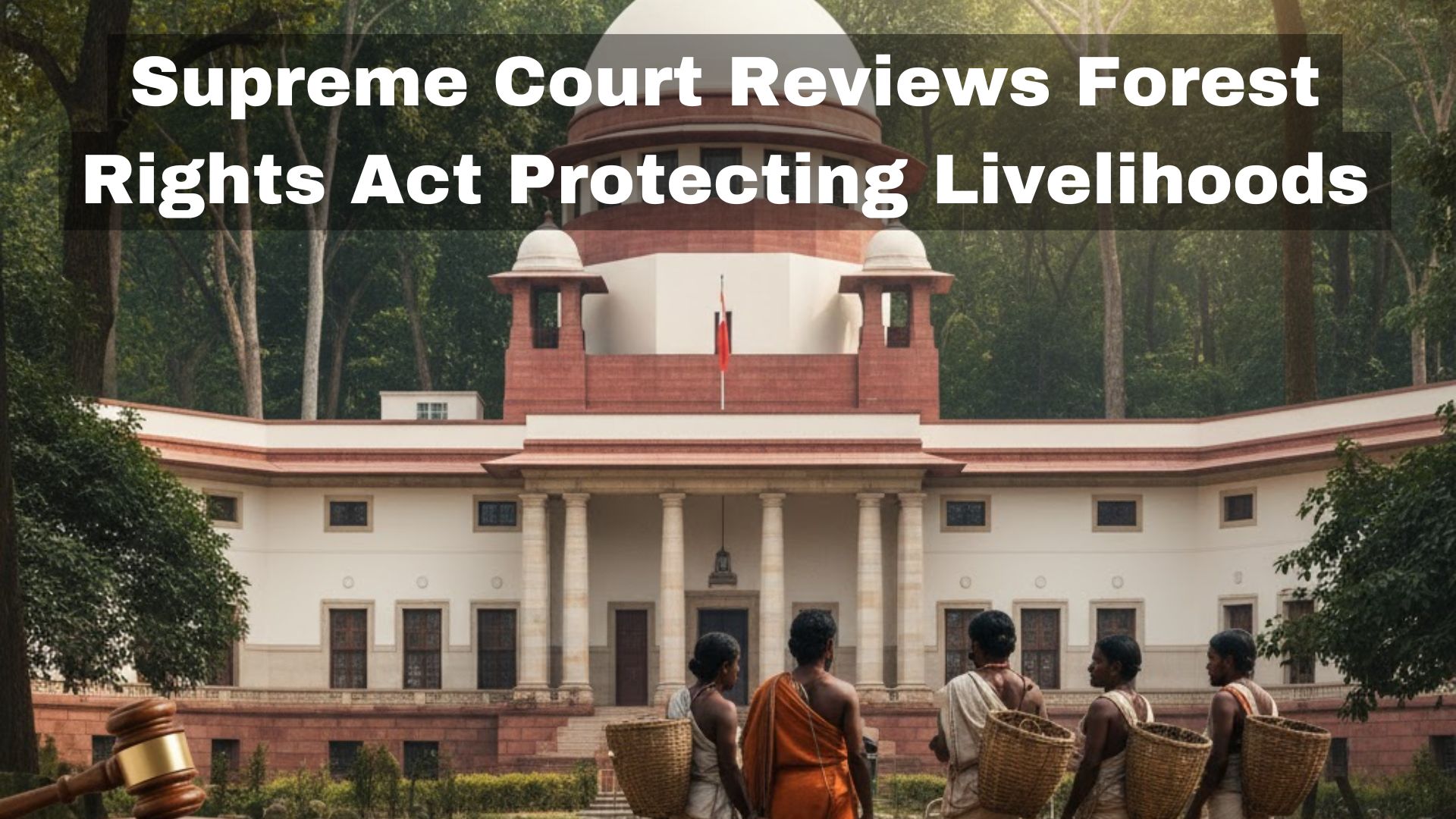Tarun Agarwala, J.@mdashHeard Sri Shakti Swarup Nigam, the learned Counsel for the petitioner and Sri Ashwani Mishra, the learned Counsel
for the respondents. The petitioner has challenged the award of the Labour Court directing reinstatement with continuity of service and with full
back wages. This Court, while entertaining the writ petition, had granted an interim order directing reinstatement of the workman. It has been
stated at the Bar that pursuant to the interim order the workman has been reinstated in service and he has been paid the wages.
2. The facts leading to the filing of the writ petition is, that according to the workman he was appointed in the establishment of the petitioner since
1993 and in 2001 he was given a new appointment as a Trainee Officer. It is alleged that he was beaten up on 25.9.2001 by the goons of the
employer and some signature was obtained on a blank piece of paper, which was used to show that the workman had resigned voluntarily on
26.9.2001. It is alleged that the alleged resignation dated 26.9.2001 was in fact accepted in the year 2002 with retrospective effect.
3. On the other hand, the employers contended that the workman was appointed as a Senior Officer Trainee by means of an appointment letter
dated 14.5.2001 and was required to undergo a training period of twelve months and for this period he was required to be paid a stipend. These
terms and conditions were duly accepted, but, after a period of four months the workman submitted his resignation letter dated 26.9.2001, which
was accepted by the Management on 9.11.2001. The workman waited for a period of almost 5 years before raising a reference by an order dated
20.1.2006. Before the Labour Court the petitioner had filed a written statement and rejoinder to the written statement of the workman. Documents
were also filed by the parties in support of their case, but, unfortunately when the evidence of the workman was being taken, the petitioner''s
representative was not present and, accordingly, an ex parte evidence was taken and thereafter the matter was heard ex parte and an award was
given directing reinstatement with back wages.
4. The Labour Court held, that on the basis of the agreement and the statement of the workman given in examination-in-chief on an affidavit
indicates that the workman had never submitted his resignation letter and since the affidavit given in the examination-in-chief had not been rebutted,
the termination of the services of the workman was wholly illegal and, therefore, the workman was liable to be reinstated with continuity of service
and with full backwages.
5. It transpires that immediately after the publication of the award and within the stipulated period, the petitioner filed a recall application for the
recall of the ex parte award. This recall application was rejected by an order dated 26.12.2011, on the ground, that the authority letter of the
representative of the petitioner had not been filed and that the name and designation of the application was not indicated in the recall application.
6. Having heard the learned Counsel for the parties at some length, the Court finds that the Labour Court has passed the award in a very cursory
manner. No reason has been given nor any discussion has been placed nor any evidence has been considered while arriving at a finding that the
workman had never submitted his resignation letter. The written statement of the petitioner was also not taken into consideration. The mere fact
that the representative of the petitioner was not present at the time when the evidence was being recorded or at the time when the matter was being
heard does not mean that the Labour Court would not consider the material already available on the record. It was still the onerous duty of the
Labour Court to sift the material evidence on record and give a finding on it. The mere fact that the evidence has been recorded in examination-in-
chief does not mean that the averments remained unrebutted. The Labour Court is still required to give a finding on each and every issue, namely,
as to whether the resignation was given voluntarily or that the resignation was forcefully accepted by the employer against the will of the workman.
The Labour Court was also required to give a finding as to whether the workman had worked for more than 240 days in a calendar year or had
worked for only four months as alleged by the employers. This again had not been done. The Labour Court was also required to give a finding as
to whether the workman was in fact a workman as defined u/s 2(z) of the U.P. Industrial Disputes Act or whether he was an officer. The Labour
Court has not given any finding and has proceeded as if the matter was one under Rule 12(9) of the U.P. Industrial Disputes Rules, which in the
instant case could not be invoked.
7. The Court further finds that the employers had authorized Sri Anil Kumar Agarwal and Sri R.C. Pandey as their authorized representatives to
file the application, affidavit, etc. and in response thereto, had filed the recall application. The first line of the recall application clearly indicates their
names and designation as well as the authority by which the application has been filed. The Labour Court committed a manifest error in rejecting
the recall application, which was filed within the prescribed period on a technical ground, which the Court even otherwise find it to be wholly illegal
and against the material evidence on record.
8. In the light of the aforesaid, the order of the Labour Court dated 26.9.2011 rejecting the recall application as well as the award of the Labour
Court dated 2.1.2009 cannot be sustained and is quashed. The writ petition is allowed and the matter is remitted again to the Labour Court to
redecide the matter within six months from the date of the receipt of a certified copy of the order after giving opportunity to the petitioner to cross-
examine the witnesses of the workman and to give such evidence of other witnesses. It would also be open to the workman to lead further
documents and evidence, if he so desires, upon making an appropriate application before the Labour Court. Till the disposal of the matter the
workman will continue to work as per the interim order of the Court.

